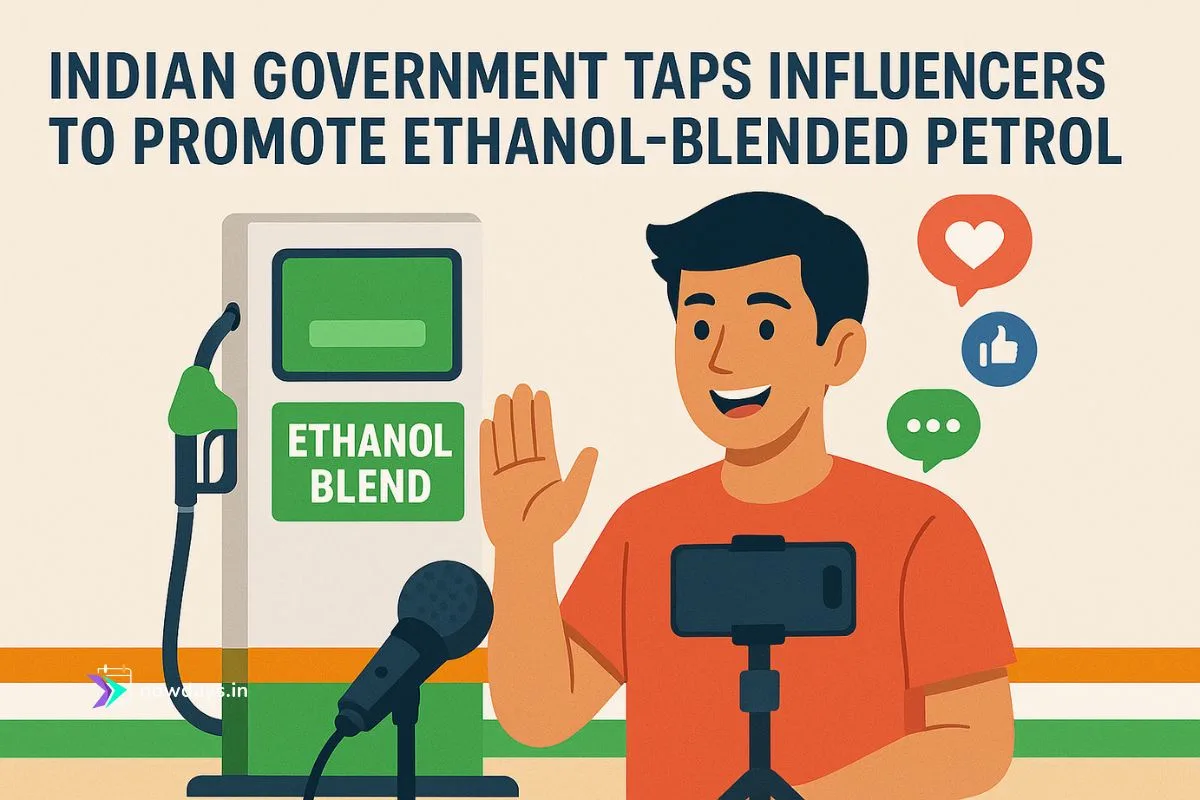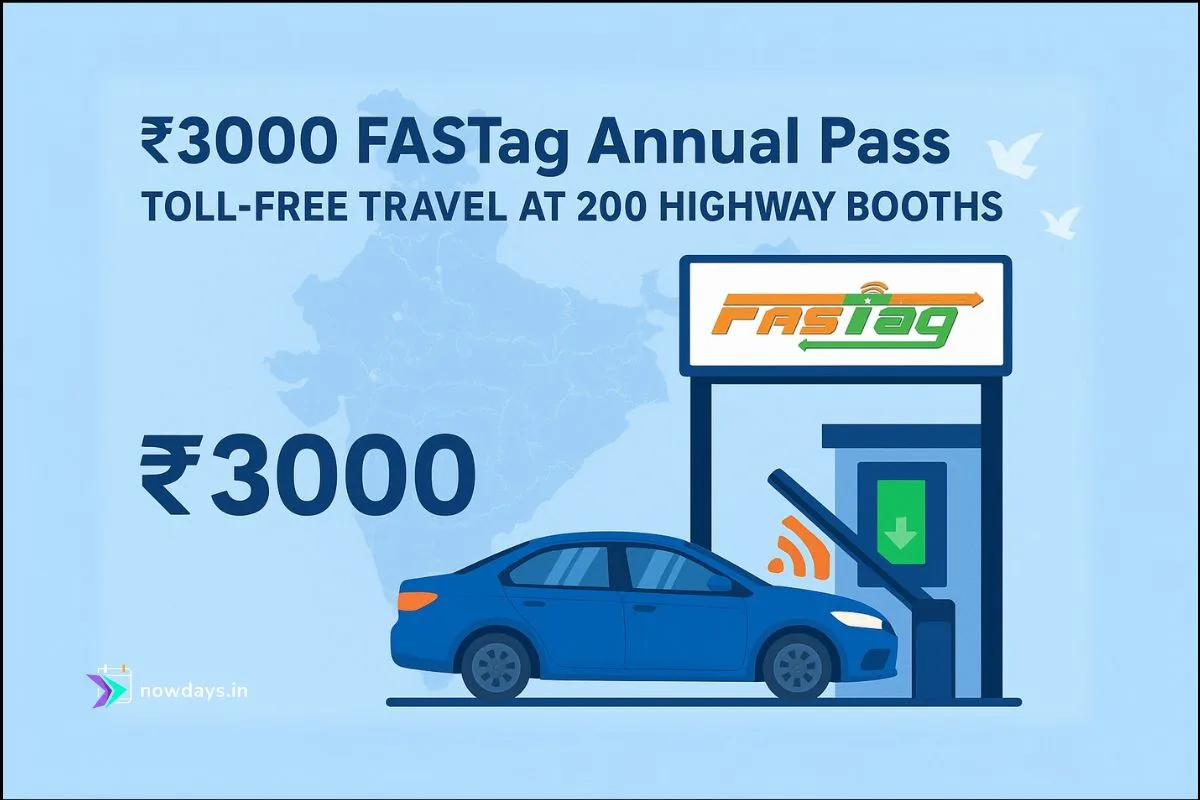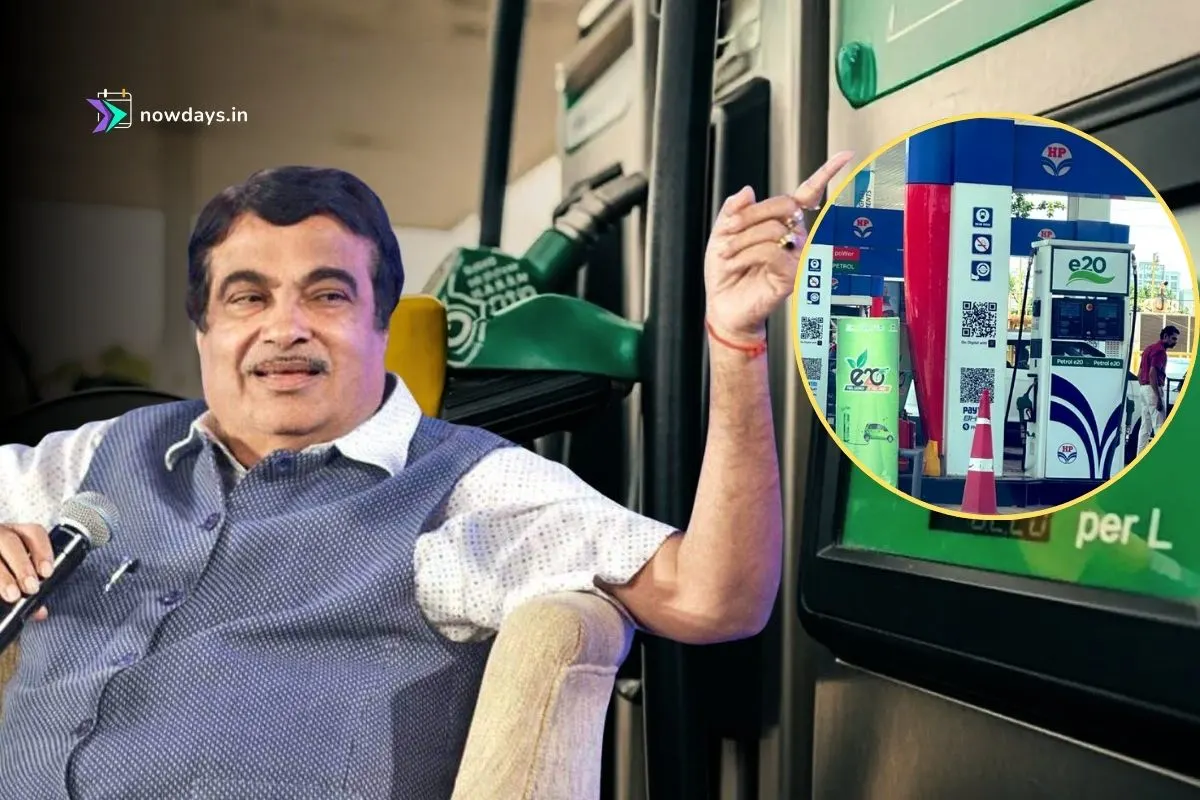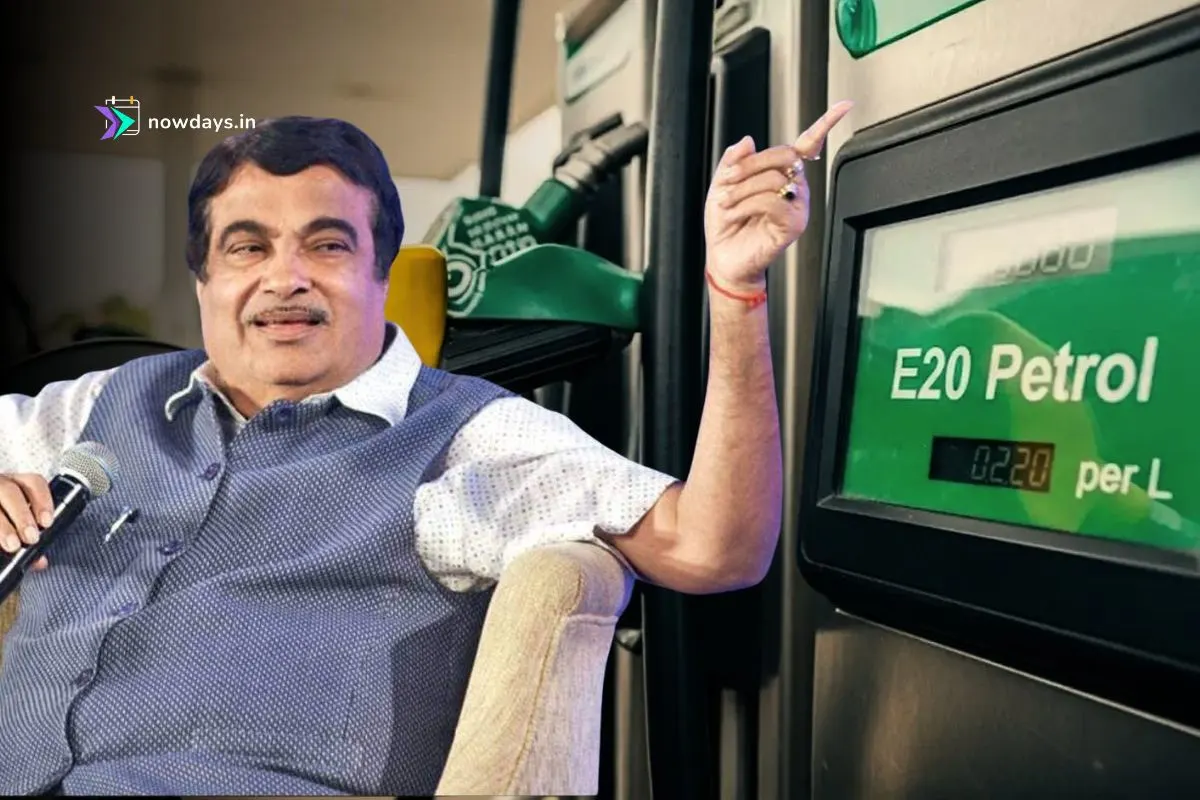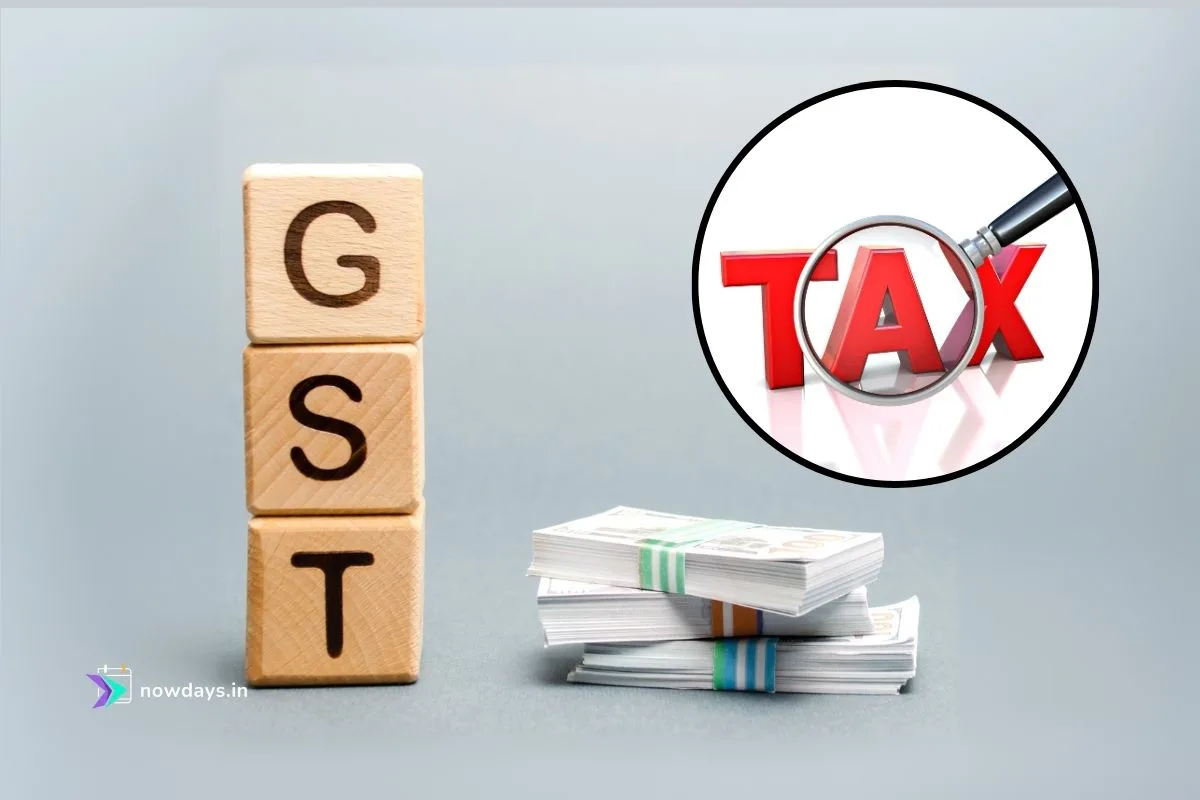India’s rollout of E20 fuel has generated a large social-media conversation. Posts by well-known creators—some carrying #ad or official tags—have boosted the government’s message. Experts, industry bodies and consumers remain divided. Here’s a concise, sourced news analysis.
India’s push to scale ethanol blending in petrol to 20% (E20) has moved beyond ministries and press notes into feeds, reels and short videos. Over the past weeks a steady stream of social-media content promoting the Ethanol Blending Programme (EBP) has appeared from popular creators — from YouTubers to radio jockeys — some using hashtags that reference oil PSUs and the Ministry of Petroleum, and some marked as promotional. That online activity has helped the official message reach younger audiences, even as independent experts and consumer groups press the government on vehicle compatibility and real-world mileage impacts.
What the posts show — and what they don’t
Public posts by creators such as Abhishek Malhan and others include explicit EBP hashtags and tags to state oil companies (BPCL/IOCL/HPCL) or the ministry’s account. A few posts also carry “#ad” or commercial-style disclosure, indicating a promotional intent.
These facts are visible on creators’ Instagram/X pages and reels, but they do not by themselves prove the terms of any contract or whether payments came directly from the central government, state governments, or public-sector oil companies. In short: there’s clear promotional activity; the financing and procurement chain is not always transparent in public posts.
Why the government and industry are backing E20
Officials argue E20 reduces India’s oil import bill, supports farmers by creating ethanol demand, and lowers lifecycle greenhouse-gas emissions. The Ministry of Petroleum has published responses to misinformation and underlined lab and field tests saying E20 conforms to standards for compatible vehicles. Industry bodies such as ISMA and testing agencies (ARAI / IIP referenced in reporting) have publicly backed the programme and called recent social-media concerns “misinformation.” For the government, influencer content offers rapid reach into urban and youth demographics where traditional channels underperform.
Consumer worries and the backlash
Despite official reassurances, motorists and many owners’ forums complain of reduced mileage and worry about long-term engine effects — concerns amplified by viral videos and anecdotal posts on Reddit and X. Financial and reputational stakes are high: if a widespread perception of poorer vehicle performance persists, political pushback and legal complaints could follow. Financial Times and other outlets have recorded rising consumer discontent alongside the government’s accelerated E20 target.
Experts’ take — measured, technical, conditional
Independent automotive engineers and fuel researchers stress nuance: ethanol raises octane and can improve combustion in modern engines, but it is more hygroscopic and has different solvent properties than petrol. That means older vehicles, fuel-system seals, or poorly calibrated engines could see issues unless manufacturers and service networks adapt. Experts recommend transparent field tests across real-world vehicle ages and driving cycles, widespread owner guidance, and clear labelling at pumps. Several credible studies and test reports (cited in ministry statements) show only small average mileage changes in standardized tests — but real-world variability remains the core uncertainty.
Influencer marketing: normal practice, sensitive subject
Using creators to explain technical policy to mass audiences is a well-established communications tactic worldwide. In India, state and central authorities have increasingly allocated parts of outreach budgets to digital creators to reach niche and youth segments. That trend raises two governance questions: transparency (who paid whom and for what content) and editorial independence (are creators disclosing sponsorship clearly?). Observers point out that clearer disclosures and linkages to authoritative technical material would reduce misinformation and public distrust.
So, it's confirmed that Indian government hired influencers to spread propaganda on Ethanol blended petrol. These influencers include Abhishek Malhan, Mahesh Keshwala, Arun Kushwah, RJ Naved, RJ Praveen, Neha Nagar, Sanjay Kathuria, Vishal Rattewal, etc.
— Abhishek (@AbhishekSay) August 15, 2025
Videos in this thread.
A few policy takeaways
- Transparency first: If public funds were used, ministries and PSUs should publish the list of paid partners, contract terms and creative briefs so citizens can judge the integrity of outreach.
- Open data on vehicle compatibility: Release granular test data (vehicle models, mileage tests, long-term durability studies) so independent mechanics and OEMs can build confidence.
- Stronger disclosure rules: Creators should clearly mark paid content and link viewers to government technical notes and user guidance to avoid confusion.
- Consumer redress: Set up hotlines and inspection campaigns for early-adopter vehicles reporting performance problems to identify systemic issues quickly.
Sources and further reading
- Ministry / PIB statements on the Ethanol Blending Programme and targets. (Press Information Bureau)
- Press coverage of government rebuttals and technical claims (Economic Times / Times of India). (The Economic Times, The Times of India)
- Examples of influencer posts promoting E20 (public Instagram/X posts that include #Ethanol and tags to BPCL/IOCL/MoPNG). (Instagram)
- Analysis of influencer-government relations and platform regulation. (Rest of World)
- Reporting on consumer backlash and broader implications. (Financial Times)
Editor’s note: Social-media posts alone don’t substitute for contractual evidence. Multiple creators have promoted E20 online; some posts include promotional tags or disclosures, but independent verification of payment contracts or direct central-government hiring requires official procurement records or RTI responses. If you’d like, I can draft an FOIA/RTI request template to ask the relevant ministries or PSUs for campaign contracts and payments.
